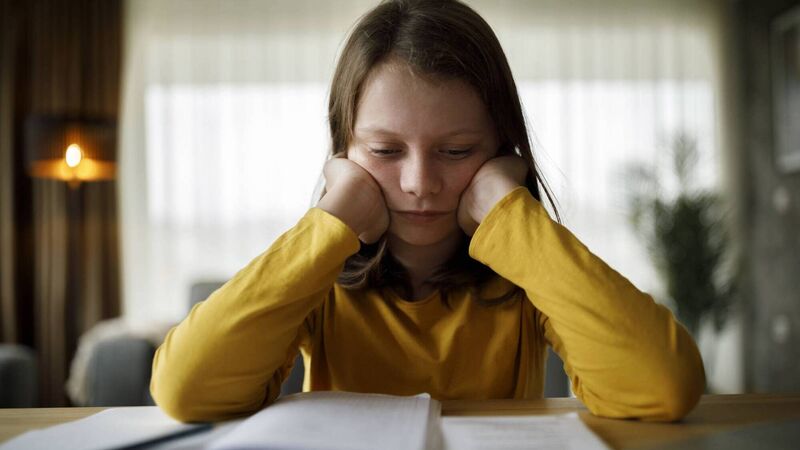Fallout of societal lockdowns on children cannot be ignored

Children suffered greatly during the pandemic.
Try from €1.50 / week
SUBSCRIBE
Children suffered greatly during the pandemic.
As the new term starts, many teachers are observing a growing mental health crisis among thousands of primary school children.
Throughout the Covid-19 pandemic, frontline child welfare workers predicted a “tsunami” of problems. Societal lockdowns have contributed to an increased presentation of conditions such as chronic anxiety, depression, and social isolation.
Already a subscriber? Sign in
You have reached your article limit.
Annual €130 €80
Best value
Monthly €12€6 / month
Introductory offers for new customers. Annual billed once for first year. Renews at €130. Monthly initial discount (first 3 months) billed monthly, then €12 a month. Ts&Cs apply.
CONNECT WITH US TODAY
Be the first to know the latest news and updates
Newsletter
Sign up to the best reads of the week from irishexaminer.com selected just for you.
Newsletter
Keep up with stories of the day with our lunchtime news wrap and important breaking news alerts.
Newsletter
Sign up to the best reads of the week from irishexaminer.com selected just for you.
Tuesday, February 10, 2026 - 9:00 PM
Wednesday, February 11, 2026 - 5:00 PM
Wednesday, February 11, 2026 - 4:00 PM
© Examiner Echo Group Limited